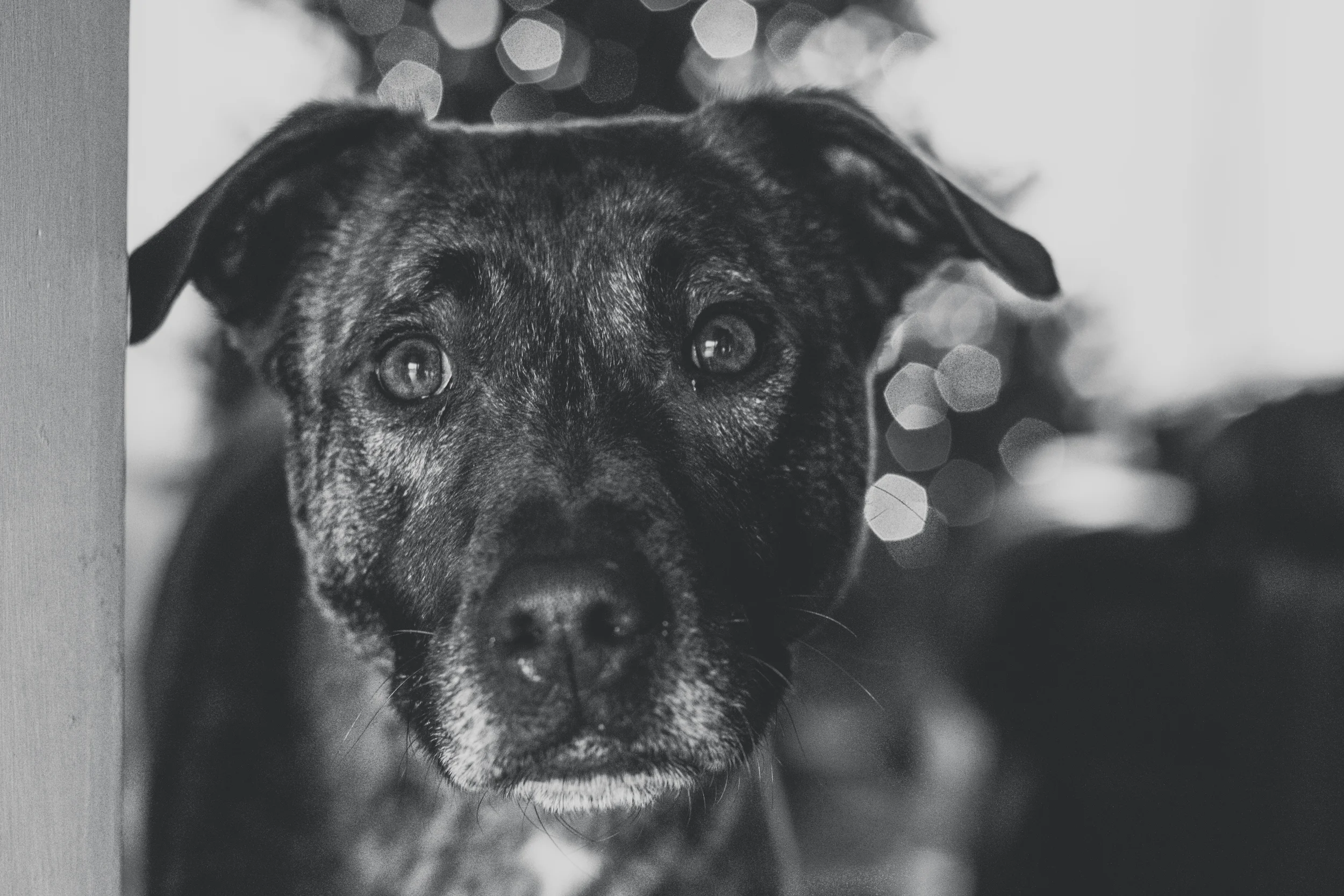October is Adopt a Shelter Dog Month!
/We're thinking about adopting a dog, what's the first thing we should know?
First and foremost, everyone in the family needs to be on board and committed to adding a new family member. Adopting a new dog is a big responsibility, and everyone needs to do their part. Everyone should sit down and discuss responsibilities for each member of the family so everyone is clear what their job is pertaining to the new dog.
We've agreed on adopting a dog, what kind of dog should we get?
Most people make a decision based on looks. Before you starting looking for a dog to adopt, you should research the breed(s) you're interested in to make sure it'll be a proper fit for your home. Make sure you ask yourself a few of these questions when looking at different breeds:
-Energy level: what energy level are you capable of living with? Understand the difference in physical stimulation and mental stimulation, and how much a certain breed will need on average.
-Training commitment: how much of a training commitment you're prepared to make? This goes along with energy level! A higher energy dog will require more stimulation, which training falls into the "mental stimulation" category.
-Personality: what type of companion are you looking for? Think about long term, would a more independent personality or a "ride or die" buddy fit your lifestyle?
-Medical care: have you looked into pet insurance? Certain breeds are more prone to health problems. Make sure you're prepared for acute/emergency care, as well as long term/chronic problems that a dog may suffer from. A small monthly insurance payment on your pet may prevent you from major expenses from illness or injury down the line.
-Finally, ask yourself what is a realistic expectation of adding this dog to your life? Is this a graduation present for a senior that's going to college next year? Are you planning to have children in the next 5-10 years? A dog is a 10-15 year commitment, make sure you've asked yourself all these questions!
We know the type of dog we're interested in, where do I find one?
We recommend you start by looking at local shelters and rescues near you. Keep in mind, there are small rescue groups that do not have a facility, but survive solely on foster homes. You can find shelters and rescues by searching on the internet, or visiting your local pet store. You can see when adoption events are scheduled at local pet stores, which typically take place on weekends. You can also search the internet for breed specific rescue groups, although some travel may be necessary to meet the dog you're interested in adopting. There are also many big shelters locally where you can go see several dogs at once, taking them out one at a time to play with them.
What do I look for at the shelter?
There are several behaviors a dog might exhibit at a shelter. If the dog is hiding in the back of the kennel with "sad eyes", chances are you will need to spend a lot of time establishing a relationship and building trust to help him overcome his nervous tendencies. If the dog is jumping on the door, barking and clawing, he'll likely need to work with a trainer to build self control and learn how to have an appropriate outlet for his energy. If the dog approaches the kennel door with a calm manner, you're more likely to have a middle of the road dog.
What can I expect with a rescue group?
Most rescues have foster programs, where the dogs live in a home with a family until finding their forever home. The fosters of these dogs may have a better history of expected behavior of their adoptable dogs, since the dog has had a chance to get more comfortable and show its true colors. They can tell you about the dog's strengths and weaknesses, and what it's like to live with the dog.
I found my perfect dog, what's next?
We're glad you've chosen a rescue dog to adopt! Make sure you meet qualifications for the certain rescue or shelter you're adopting from; some require things such as a training class be attended or a fenced yard at your home. If you have another dog at home, you should allow the dogs to meet on neutral ground, such as a park, before bringing your new dog home. Take a trip to the pet store and obtain all the essentials for your new dog, such as a kennel, a high quality dog food, a bed, toys to keep him busy, and an adjustable collar and leash to walk him. Also consider looking for a dog trainer to work with you if you have concerns about integration with another animal, or if you have questions about adequate mental and physical stimulation. Einstein Dog Training can help with basic and advanced needs, please contact us at 248-733-3776 to schedule your consultation!




